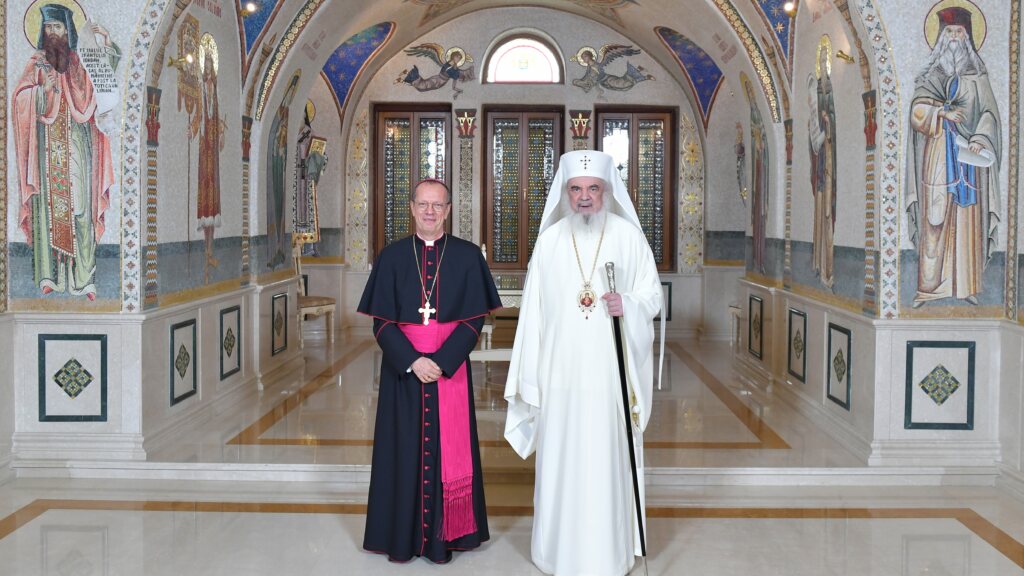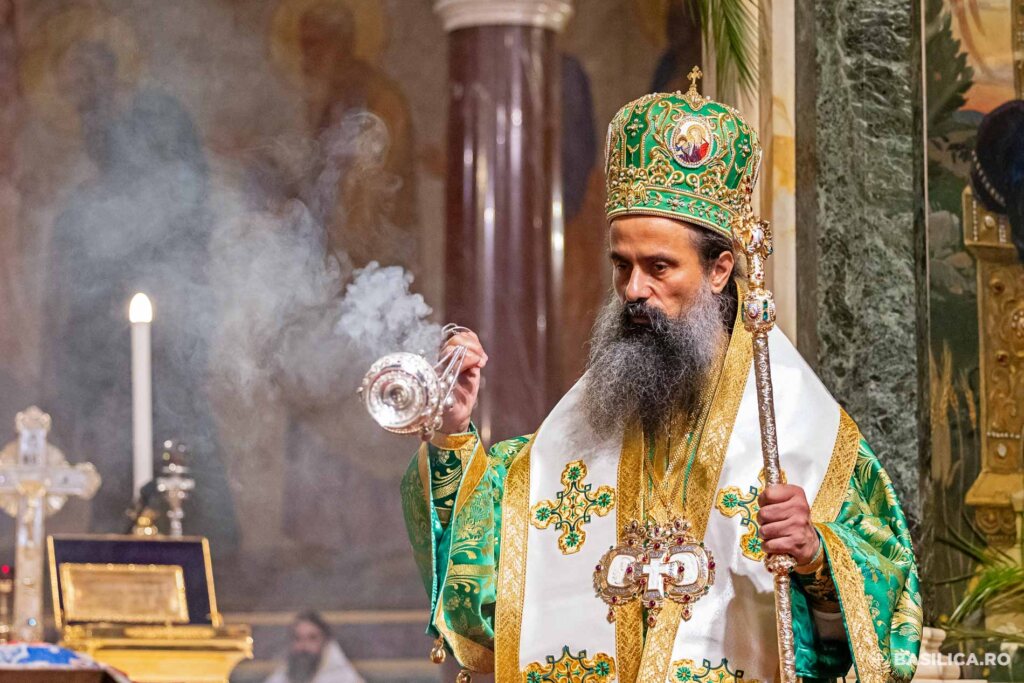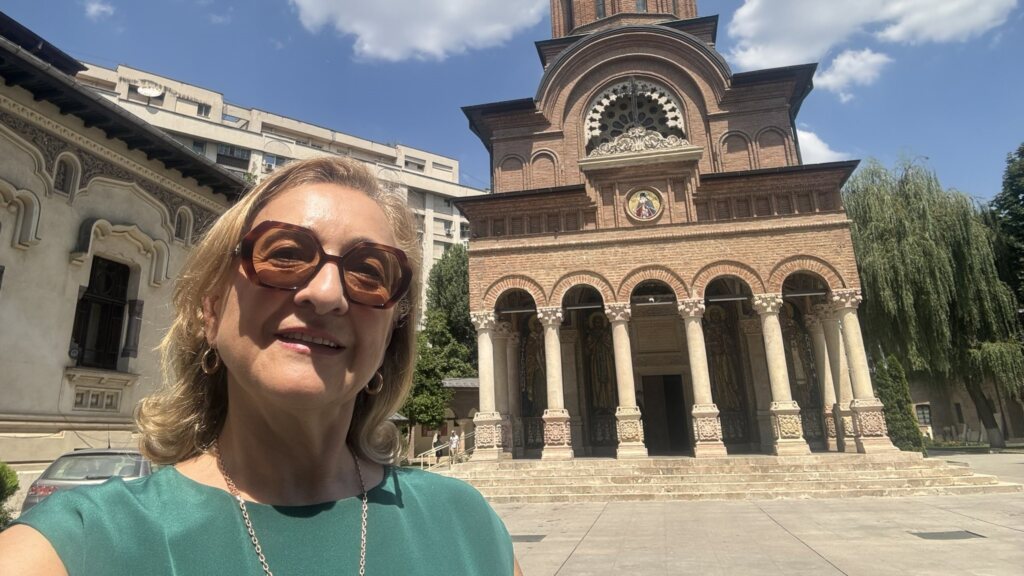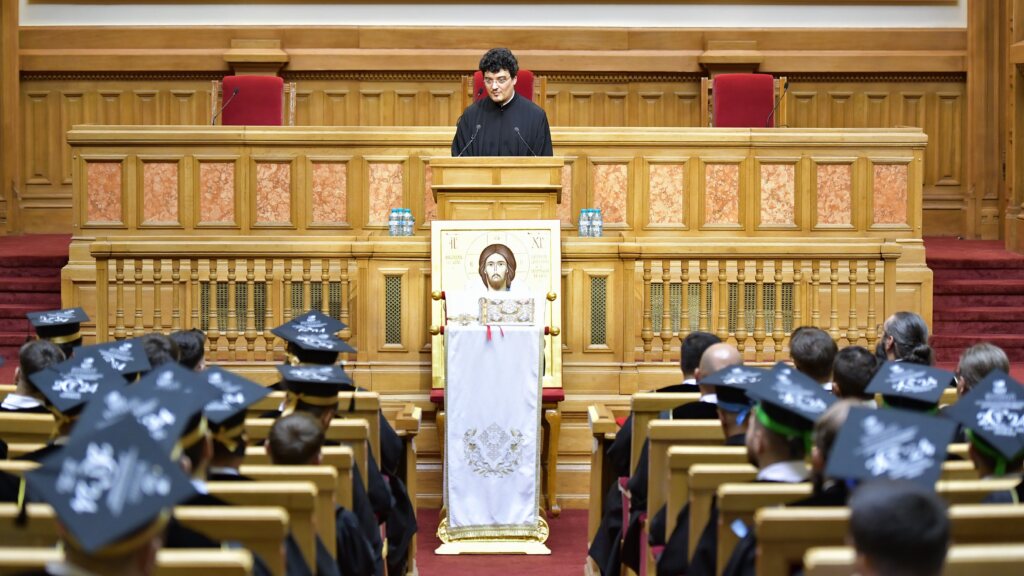The vast majority of EU’s trafficking victims (74%) come from Romania. The Council of Europe’s Group of Experts on Action against Trafficking in Human Beings (GRETA) issued on Monday – EU Anti-Trafficking Day – a statement asking member states to counter technology-assisted human trafficking.
The main purpose of human trafficking is sexual exploitation, while a quarter of the victims are underage. Only 0.2-0.4% of them manage to escape.
At the root of the phenomenon lie lack of public information, disordered families and the ideologically-induced belief in a false separation between the sexual exploitation industry (video chat, pornographic productions, brothels) and human trafficking.
How does the Romanian Patriarchate address the phenomenon
Father Ciprian Ioniță, Counselor at the Social-Philanthropic Department of the Patriarchal Administration, participated on Monday in an online debate initiated by Oana-Silvia Țoiu, Member of Parliament and Chairwoman of the Chamber of Deputies’ Labour and Social Protection Commission.
Among the participants were Florica Cherecheș, President of the National Authority for the Protection of the Rights of the Child and Adoption (ANDPDCA), Maximilian Nicolae, director of the National Agency against Trafficking in Persons (ANITP), Horia Tomescu, Deputy Mayor of Bucharest, Andrew Noble, the British Ambassador to Romania, representatives of the of civil society and of the National Department for the Investigation of Organized Crime and Terrorism (DIICOT).
The participants discussed initiatives and reforms to decrease human trafficking in Romania.
1. Public information campaigns
Last year, the Romanian Patriarchate signed a partnership with the Domestic Affairs Ministry’s Romanian Agency Against Human Trafficking (ANITP) and with Bucharest City Council, in order to develop common preventive actions regarding human trafficking.
Public information campaigns are prepared within this partnership.
2. Information materials for parishes
Another national action of the Romanian Patriarchate is the creation of information materials addressed to parishes. They are made in partnership with the organization International Justice Mission.
“We have almost completed the concept for the information materials,” declared Father Ciprian Ioniță.
“After we finish it, we forward them for approval to superior decision factors of the Church and then send them to all the parishes in the country. People need to understand how victims are approached and to be able to see the signs before somebody in their circle of friends becomes a victim,” added the cleric.
What can we do personally or as a civil society?
- Be informed and talk about this phenomenon.
- Share related information on social media.
- Discuss with the teenagers and carefully monitor what happens to them. They need to understand that the preferred recruiting method of the traffickers is the Loverboy method: an older boy comes from outside the circle of friends, chooses an emotionally vulnerable girl and makes her fall in love with him; then, pretending he wants to travel with her, he sells her or forces her through violence or blackmail to prostitute herself.
- Change your attitude on intimate relationships and educate children to save their virginity until marriage.
- Understand that all women who sell their bodies are victims and prostitution cannot be treated as any other “profession”. This approach proved successful in the Nordic Countries, where solicitation of sexual “services” has been criminalized.
- Train certain professional categories to identify victims of human trafficking: public transport workers, border patrol workers, police workers, doctors and priests.
Photo credit: Freepik.com






